Iran's Gas Stations Cyberattack Sparks Urgent Calls for Industrial Cybersecurity Reform
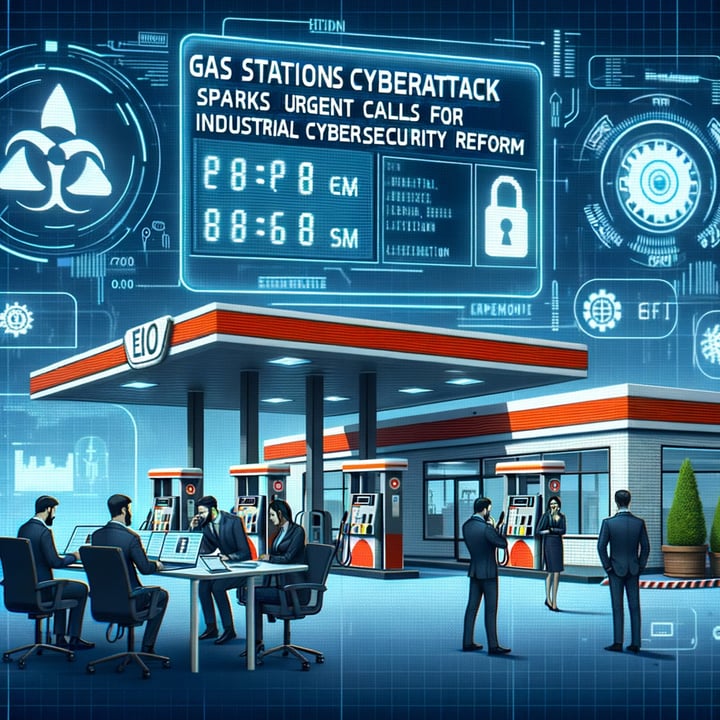
In recent headlines, an Israel-linked group has claimed responsibility for a cyberattack that disrupted operations at Iran's gas stations, shutting down a significant portion of the country's fuel distribution network. This incident underscores the critical importance of cybersecurity in industrial control systems (ICS) and highlights the vulnerabilities inherent in the systems that power our critical infrastructure.
At the heart of the Iranian gas facility hack lies the manipulation of Programmable Logic Controllers (PLCs), which are commonly used in automation systems to control industrial processes. PLCs play a vital role in managing everything from manufacturing processes to power distribution and transportation systems. However, they are also a prime target for cyber attackers due to their widespread use and often outdated security measures.
Securing PLCs By Enhancing Authentication Systems
The incident serves as a wake-up call for organisations worldwide to reassess their cybersecurity strategies, particularly concerning the protection of PLCs and other components of ICS. One crucial aspect that demands immediate attention is the authentication system used to safeguard these devices from external threats.
Authentication forms the first line of defense against unauthorised access to PLCs and other critical components of industrial systems. Yet, many organisations still rely on default or weak passwords, leaving their systems vulnerable to exploitation by malicious actors. Strengthening authentication mechanisms is essential to proactively mitigate the risk of external attacks and safeguard against potential disruptions to operations.
Measures for Strengthening Authentication
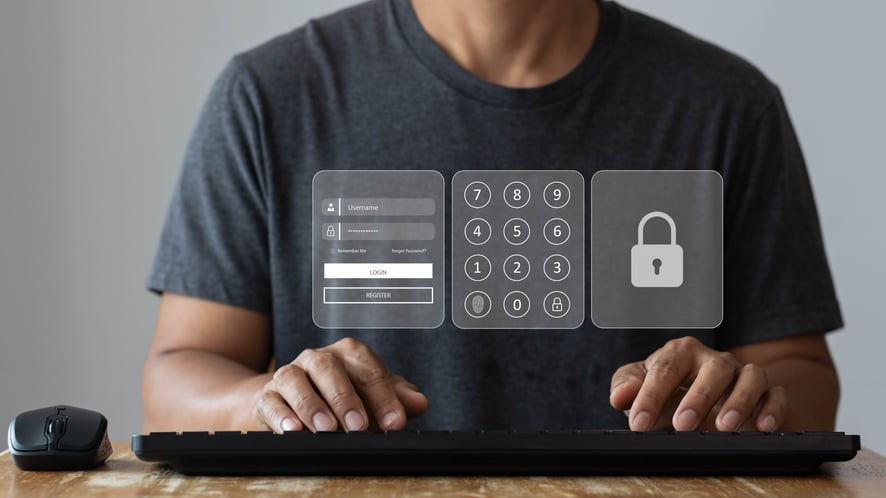
To strengthen authentication systems for PLCs, many organisations are currently implementing or considering the following measures:
- Strong password policy: Many organisations enforce complex password policies and regular updates to prevent unauthorised access. However, this approach may still leave systems vulnerable if users reuse passwords across multiple devices, and administrators may struggle to manage access effectively.
- Multi-Factor Authentication (MFA): Some organisations are adopting MFA to enhance security beyond passwords, requiring users to provide additional verification such as a unique code sent to their mobile device. However, implementing MFA in operational technology areas like industrial control systems (ICS) presents unique challenges.
- Access Control Lists (ACLs): Organisations use ACLs to restrict access to authorised users and devices, preventing unauthorised changes to PLC configuration and operations. However, configuring ACLs can be complex, and misconfigurations may lead to operational issues. ACLs should be part of a comprehensive security strategy, not relied upon solely.
- Network Segmentation: Organisations segment networks to contain potential breaches and prevent lateral movement by attackers. However, implementing and maintaining network segmentation requires deep understanding and ongoing management, including updating policies and addressing vulnerabilities as the network evolves.
The Emergence of OTAC Technology
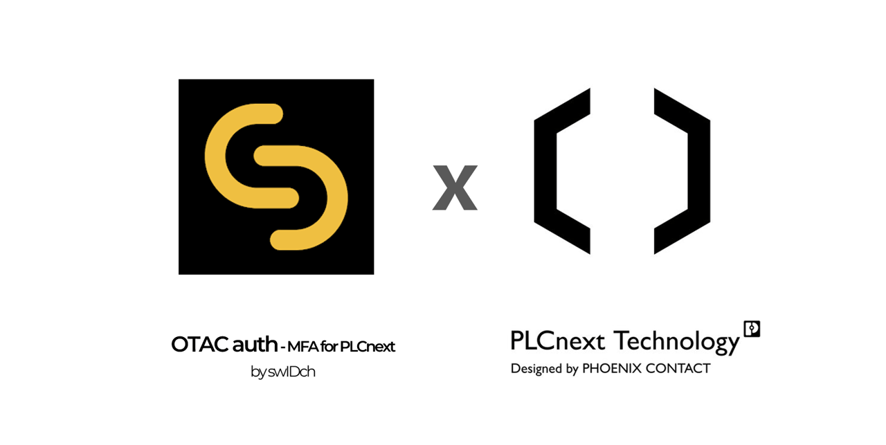
Despite the pursuit of various solutions, there was no foolproof method to safeguard PLCs until the emergence of One-Time Authentication Code (OTAC) technology. OTAC technology, recently commercialised in Phoenix Contact's PLC devices, provides a robust solution that overcomes the limitations of static password-based authentication methods.
OTAC generates unique, time-limited codes acting as temporary authentication credentials, eliminating the need for static passwords. Its dynamic nature mitigates the risk of credential theft and prevents attacks such as packet sniffing in advance.
Lessons Learned from Recent Attacks
By adopting proactive measures like implementing advanced authentication technologies such as OTAC, organisations can fortify authentication systems for PLCs and other ICS components, enhancing resilience against external cyber threats. The Iranian gas facility hack underscores the urgent need for action to strengthen defenses and protect against future attacks in industrial environments.
In conclusion, as the cybersecurity landscape evolves, organisations must remain vigilant and proactive in safeguarding against cyber threats. Let us learn from incidents like the Iranian gas facility hack and leverage innovative technologies to safeguard our systems from the ever-present threat of cyberattacks.
--------------------

swIDch will continue its quest to innovate and pioneer next-generation authentication solutions. To stay up-to-date with the latest trends sign up to our newsletter and check out our latest solutions.
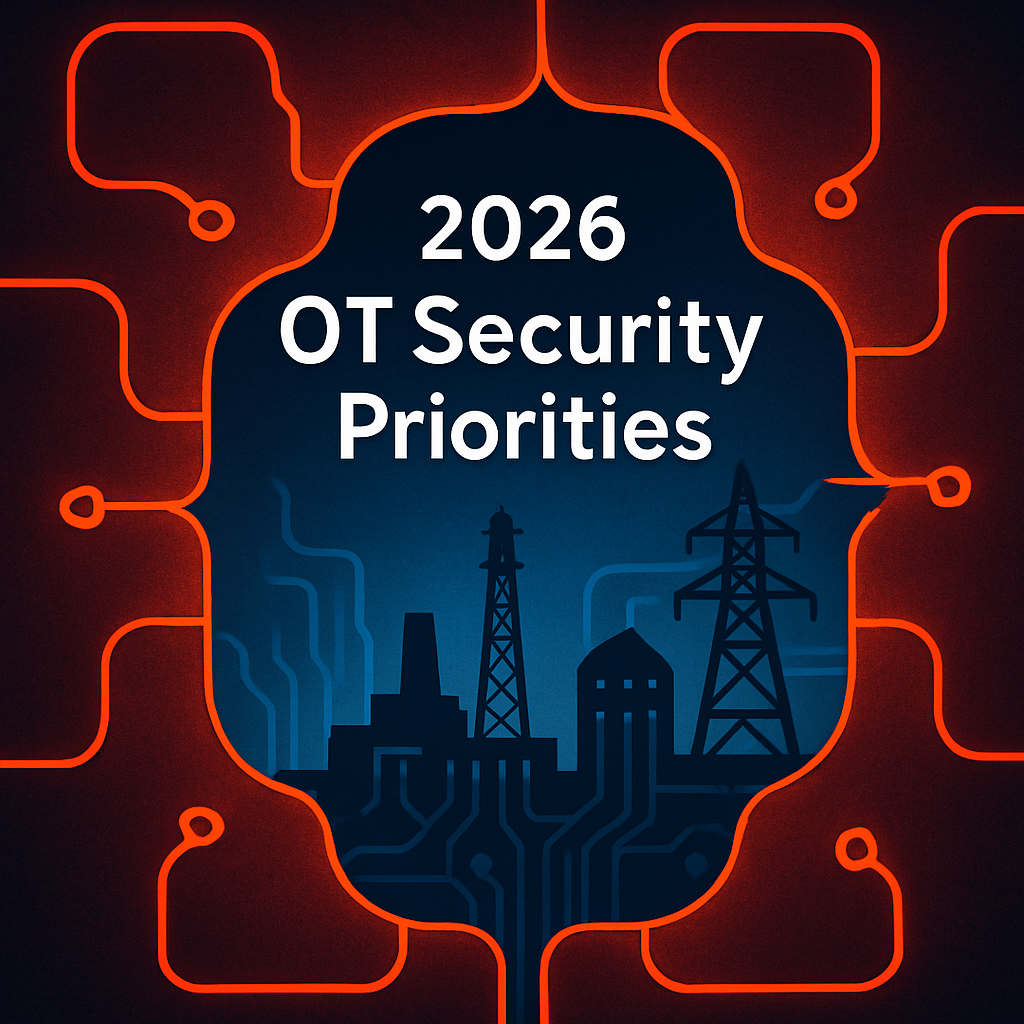
2025 made one truth uncomfortably clear: the biggest weaknesses in OT security no longer sit inside the control layer,

The OT and critical infrastructure incidents we witnessed throughout 2025 showed, with unusual clarity, where attackers
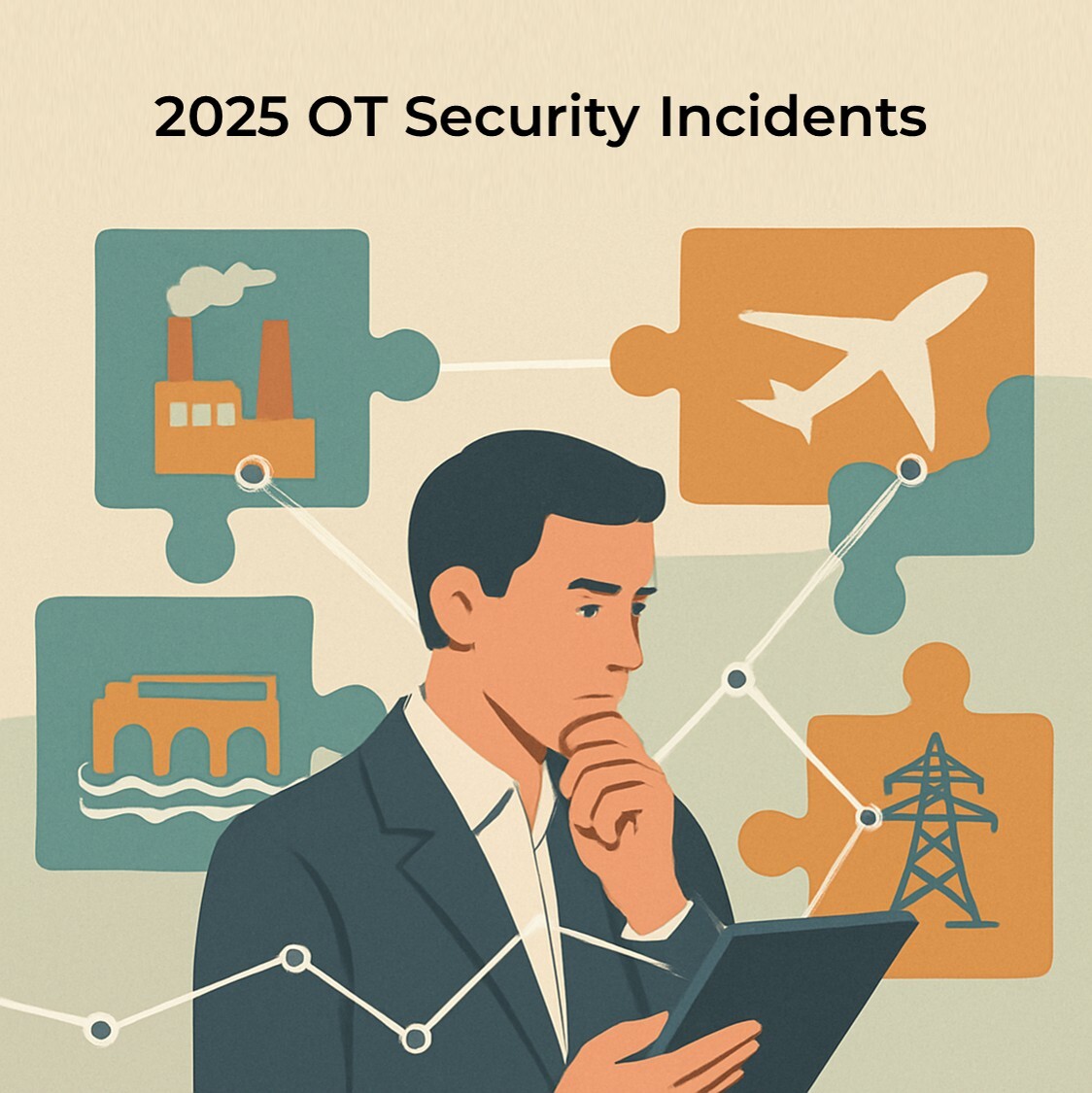
2025 was marked by a series of real-world OT and infrastructure incidents across Europe and North America. A dam gate
Looking to stay up-to-date with our latest news?